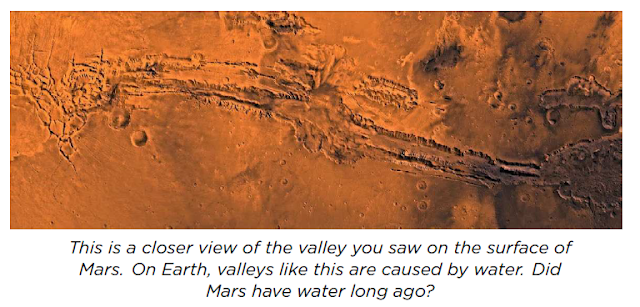Five Important Facts You Should Know About the Wetlands
A wetland is a place such as a swamp, marsh, or a shallow body of water in the environment which is the habitat to the most diverse of species. These areas are unique and important to our environment and wildlife in many ways, and can be found almost anywhere. Playing a huge role in our environment, plus providing food, water, and a home to different animal species, you would think that they would be conserved for their importance. Over the years, millions of dollars have been invested in the draining of these important areas. You would think, since several wetlands are found in just about every few miles- that it wouldn't be such a big deal. But- nearly half of the U.S. wetlands have been lost due to drainage, and it's hurting wildlife and our environment as some are not aware. It leads to the questioning of whether or not development planners across the nation are aware of the environmental damage they are causing.
Regarding this, for both developers and communities in the future, the only way for these areas to be conserved for their natural importance is to educate.
1) Water quality- The wetlands do a good job of providing many environmental services. This includes filtering out toxic wastes and many pollutants. Without the wetlands, water pollution levels will rise. This would cause contamination of not only important bodies are lakes and rivers, but it also affects and is damaging to many wildlife species.
Wetlands function as natural sponges that trap and slowly release surface water, rain, snow melt, groundwater and flood waters.
2) Storm control- Also provided, is a reduction in storm damage by the wetlands, which absorb wave energy. This factor is very important, not only to the environment, but to us as humans. Draining the wetlands is not worth homes and land suffering alternate storm damage, when the wetlands provide natural prevention.
3) Flood damage reduction- Control and balance of flooding is also provided by the wetlands this is by acting as a natural sponge that stores,traps, and releases groundwater, snow melt, and storm water. the reduction of flooding just by the wetlands alone is around 60%. without this protection, land, soil, and plant life would not be able to handle the overflow of water.
4) Wildlife conservation- The wetlands have the most diverse community, containing population of hundreds of different animal species. It is the habitat for many fish, amphibians, and reptiles. There are nearly 200 harmed and endangered wetland species in Illinois alone- let alone, the entire nation.
5) Bird Migration Rest Stops- The wetlands are a very crucial place for birds that are migrating. Wetlands all around the world provide a rest area for birds on their journey, similar to the rest areas and gas stations that are helpful to us during long road trips. The food and rest that is necessary is provided to these birds, through the wetlands. If they are all drained and gone, so will the birds that depend on it.
Sources:
http://science.howstuffworks.com/wetland.htm
http://science.howstuffworks.com/wetland.htm
http://en.wikipedia.org/wiki/Wetland
http://animals.about.com/od/lakesriverswetlands/f/wetland.htm
https://www.youtube.com/watch?v=wBdwGxo0_kA

